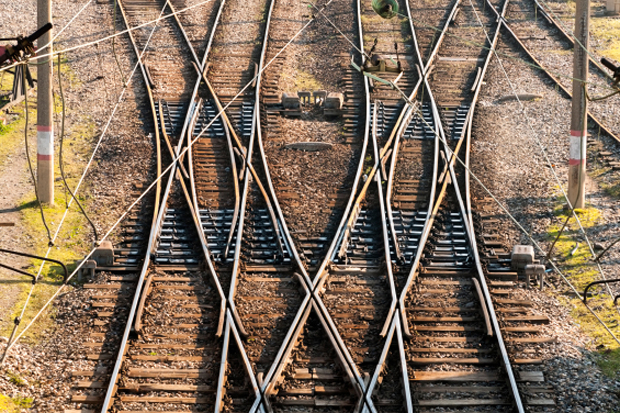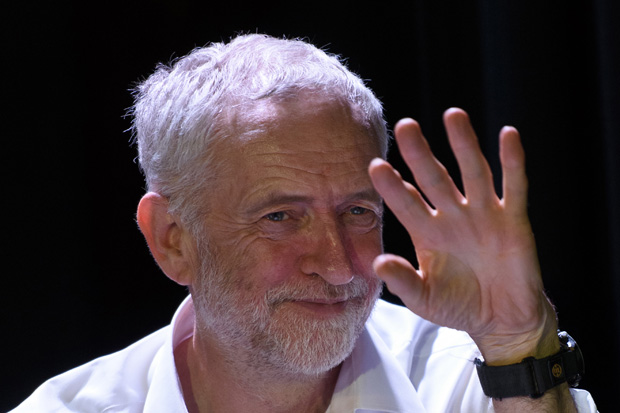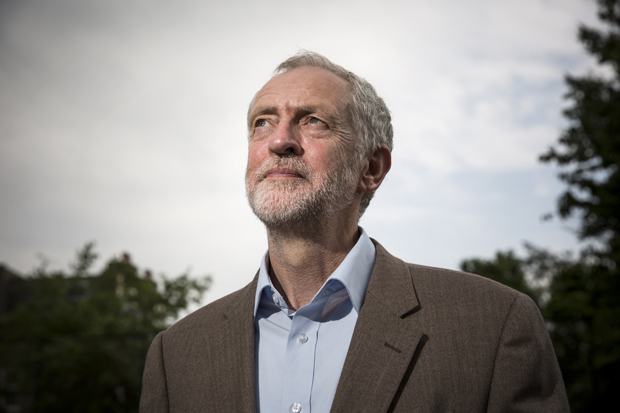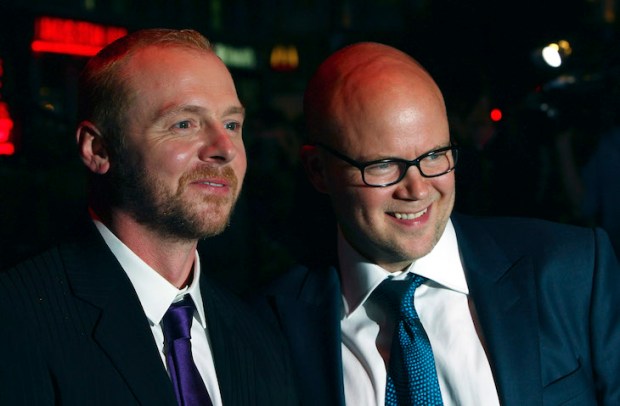Amid all the excitement about David Cameron this week, I fear that Jeremy Corbyn’s first major policy announcement may have been overlooked. That would be a shamae because the policy is really, really bad. I’m talking about his proposal to ‘renationalise’ the railways.
Now, I have to confess to not really understanding this policy. Aren’t the railways in England, Scotland and Wales already owned by the state in the form of Network Rail? I know the Department for Transport lets franchises to private providers, such as FirstGroup and Virgin Group, but that doesn’t mean these private companies own the railways — the clue is in the word ‘let’. So how exactly will Corbyn ‘bring back into public ownership’ something that’s already owned by the public?
OK, that’s a minor detail, according to the leader of the Labour party. What he’ll do is wait for the existing leases to run their course and then, when the franchises come up for renewal, not rent them to private providers. Instead, they’ll be operated by a new, government provider — Corbyn Rail. Couple of problems with this.
First of all, only five of Great Britain’s 25 railway franchises are coming up for renewal between 2020 and 2025. If Corbyn is proposing to make the renationalisation of the railways the centrepiece of his first-term legislative programme, it’ll be a bit of a damp squib. By my estimation, he’d have to remain in power until 2036 in order to see this policy through, by which time he’d be 87. Who knows, perhaps he’s been inspired by Fidel Castro.
Second, there’s the small matter of the cost. Not only would the government have to invest many billions into the rail network, as the private providers currently do, but the Office of National Statistics would reclassify the entire stock of railway assets, forcing it back on to the public balance sheet. This would happen even if only a handful of the franchises were operated by the government. At a stroke, the annual deficit would increase by £10 billion or more. I know Corbyn’s shadow chancellor ‘Mad’ John McDonnell thinks it’s ‘barmy’ to eliminate the deficit, but even so.
Perhaps that’s why New Labour made no attempt during its 13 years in office to dismantle the system put in place by John Major’s government. Another reason — just guessing — is that the present system actually works. I don’t want to bore you with statistics, but the numbers speak for themselves. If you compare the figures for 2012/13 with those for 1994, the year in which the new system was put in place, investment in the railways has tripled, from £1.7 billion to £5.1 billion. There are now twice as many rail journeys as there were 21 years ago and rail freight has increased by 60 per cent. Indeed, since the Railways Act was passed, we have the most improved railways in the EU.
Francophile left-wingers often compare Britain’s rail network unfavourably with that of France, but I suspect they’re basing that on how comfortable the TGV is that takes them from the Gare du Nord to Avignon, where they disembark and drive to their second homes. In fact, British trains are more punctual than French trains, have a better safety record and are top of the European league table in customer satisfaction.
Passengers complain about rising fares, but the private providers aren’t allowed to make profits of more than 3 or 4 per cent. What guarantee is there that Corbyn Rail wouldn’t raise fares by more, particularly if the public finances are in disarray? Anyone who travels regularly by train will know how ridiculously crowded they can get, particularly at peak times. That suggests fares are too low, not too high.
No, we currently have the best rail network in Europe and any attempt to ‘renationalise’ it would be a disastrously retrograde step.
You might think that none of this matters. After all, the chances of Corbyn becoming our next prime minister are fairly slim. But his abandonment of the cross-party consensus in this area will inevitably create a climate of uncertainty, deterring private companies from bidding for the franchises and discouraging the present operators from investing in the network. He’s also indicated that Labour would attempt to ‘renationalise’ academies and free schools, which will create similar levels of anxiety in the education sector.
If Corbyn continues in this vein, his leadership victory won’t just be a disaster for the Labour party. It will be a disaster for the whole country.
Got something to add? Join the discussion and comment below.
Get 10 issues for just $10
Subscribe to The Spectator Australia today for the next 10 magazine issues, plus full online access, for just $10.
Toby Young is associate editor of The Spectator.
You might disagree with half of it, but you’ll enjoy reading all of it. Try your first month for free, then just $2 a week for the remainder of your first year.















Comments
Don't miss out
Join the conversation with other Spectator Australia readers. Subscribe to leave a comment.
SUBSCRIBEAlready a subscriber? Log in